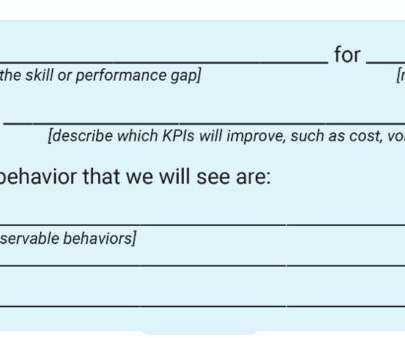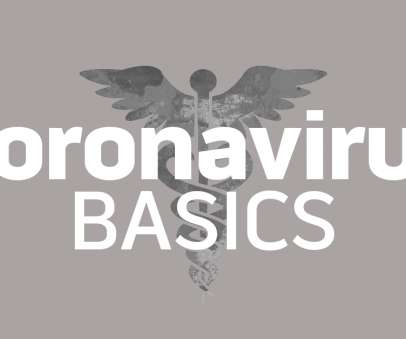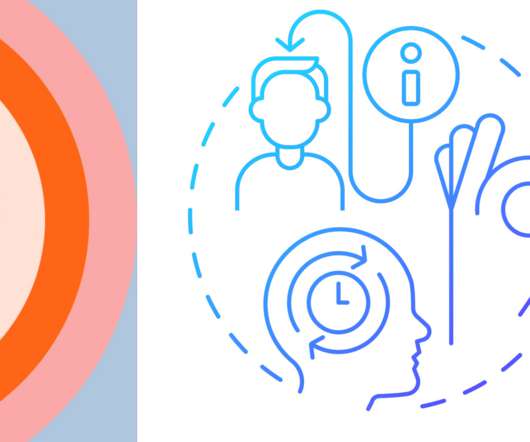Closing the Learning-Acquisition Gap with Informal Learning
Learnkit
FEBRUARY 24, 2016
Many people on your teams already have the requisite skills and know-how, or the Personal Mastery Knowledge, to coach new hires and close the emerging skill gaps. To get it out of their heads, we need to shift our approach by making traditional formal training more flexible by incorporating more informal learning.















































Let's personalize your content